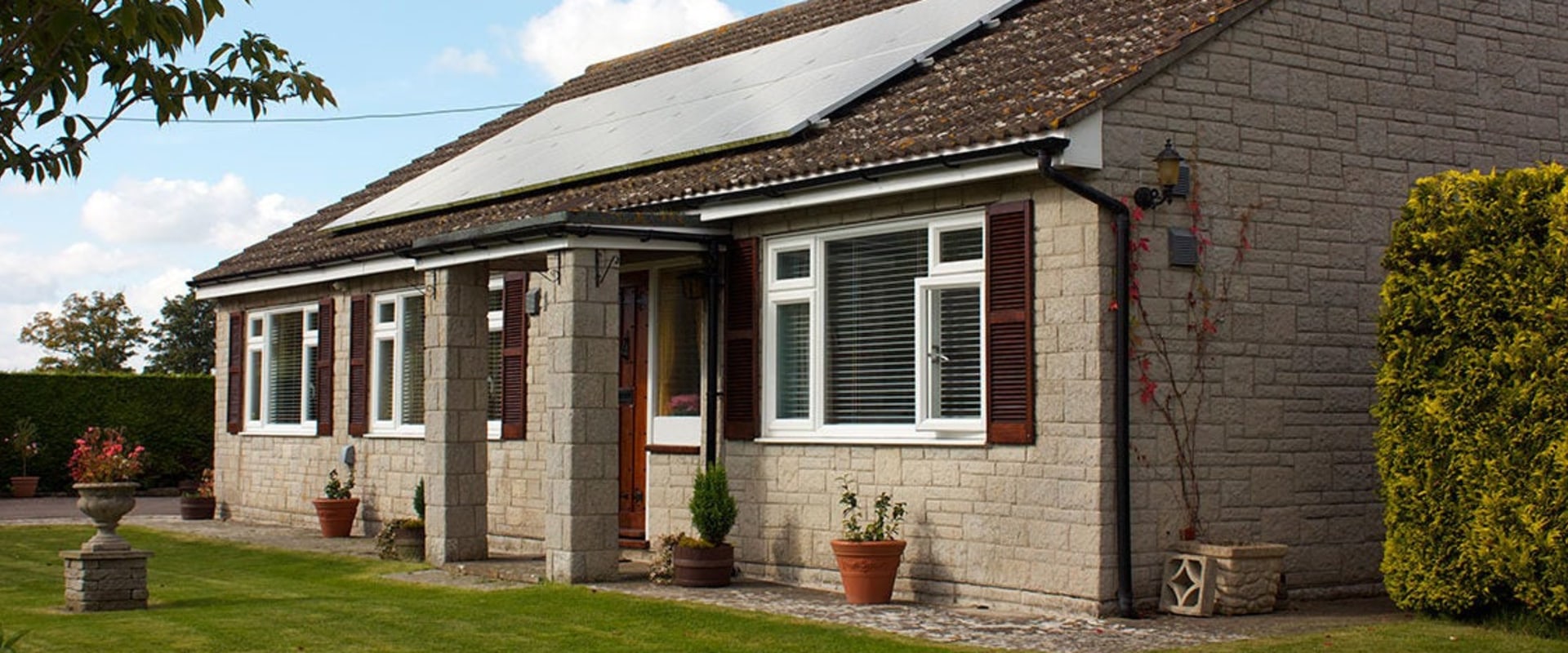The lender, usually a bank, provides the borrower with a lump sum equal to the equity of his home. If the borrower fails to repay their home equity loan, the lender can foreclose on the home. Private lenders generally allow borrowers to lend 80-85% of the value of their home. If you have enough equity in your home, usually 20% or more, you may be able to apply for a home equity loan.
You can usually borrow up to 85% of the equity in the home you have, although some lenders may have lower highs. A home equity loan can help you finance specific home renovations, repairs, or remodeling, or you can use the funds to pay for other necessities, such as a wedding, college education, or medical bills. Just remember that if you fall behind on payments, a lien could be imposed on your home and the lender could foreclosure your home. Make sure you can make your new loan payments comfortably before you complete an application.
Essentially, a home equity loan is similar to a mortgage, hence the name of a second mortgage. Home equity serves as collateral for lender. The amount a homeowner can borrow will be partially based on a combined loan-to-value ratio (CLTV) of 80% to 90% of the home's appraised value. Of course, the amount of the loan and the interest rate charged also depend on the borrower's credit rating and payment history.
To qualify for a HELOC, you need to have available home equity, which means the amount you owe on your home must be less than the value of your home. You can usually borrow up to 85% of the value of your home minus the amount you owe. In addition, a lender generally analyzes your credit score and credit history, work history, monthly income, and monthly debts, in the same way as when you first got your mortgage. In addition, credit limits may be lower than you could borrow with a home equity loan, and interest rates after the introductory period may be high.
While it's possible to get approved for a home equity loan without meeting these requirements, expect to pay a much higher interest rate through a lender that specializes in high-risk borrowers. You can usually borrow up to a combined loan-to-value ratio (CLTV) of 85 percent, meaning that the sum of your mortgage and the desired loan cannot represent more than 85 percent of your home's value. The recharge leads to a spiraling debt cycle that often convinces borrowers to resort to home-equity loans that offer an amount equal to 125% of the borrower's home equity. This method uses a new, larger mortgage loan to pay off the existing mortgage and the surplus funds go to the borrower.
A home equity loan is a type of financing option that allows you to borrow money based on the amount of equity you have in your home. Borrowers should apply for home equity loans with caution when consolidating debts or financing home repairs. Regardless of the type of loan you choose, the requirements for the home equity loan and the requirements of HELOC are usually the same. Instead of borrowing a lump sum that you pay over time with interest, a HELOC allows you to borrow only what you need, with interest applied only to what you borrow, not to the entire line of credit.
While home equity loans are backed by your home equity, there are several factors that can influence how much you can borrow and who will lend you. With a HELOC, you are applying for a loan against the available equity of your home and the home is used as collateral for the line of credit. If you decide to go ahead with a HELOC, the lender you choose will determine exactly how much you can borrow from your estate. While Home Equity Loans and Home Equity Lines of Credit (HELOC) both offer lending options, they are not exactly the same thing.
If, on the other hand, you have a higher-priced mortgage with a higher APR than a benchmark rate called the average prime offering rate (the interest rate charged to borrowers with the best credit), you may have additional rights. To qualify for a home equity loan, your debt-to-income ratio will generally need to be below 43% once your potential repayment on your new loan is factored in. The main problem with home equity loans is that they may seem like too easy a solution for a borrower who may have fallen into a perpetual cycle of spending, lending, spending and sinking deeper and deeper into debt. .
.





